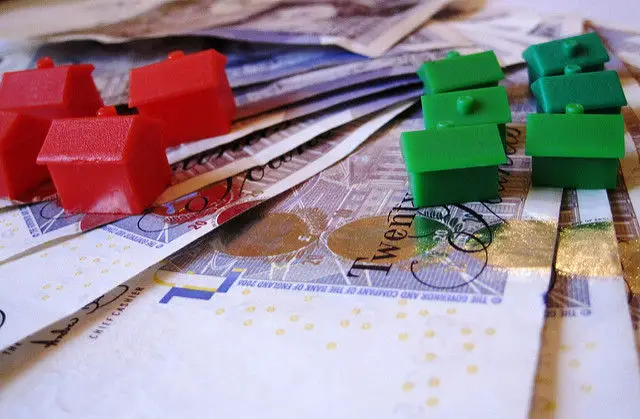Estates on the Isle of Wight paid around £7 million in inheritance tax in a year, newly released figures from HMRC show.
It meant the area contributed to nearly £5 billion of inheritance tax – a figure which has rocketed in recent years – during the 2015-16 financial year.
59 estates paid inheritance tax
During that period, the most recent year for which local figures have been released by HMRC, 59 estates on the Isle of Wight were required to pay inheritance tax.
They paid an average of £119,000 each – despite at least £325,000 of the value of estates being ineligible for taxation. In total, the bill for the area came to an estimated £7 million.
And the inheritance tax bill continued to grow last year, with national figures showing the Treasury raised £5.2 billion in 2017-18, more than double the amount paid in 2009-10.
Tax-free allowances
The basic tax-free allowance for inheritance has been fixed at £325,000 since 2009. Spouses are able to combine their allowances, meaning £650,000 is protected from the taxman.
But with the value of investments and property rising since the financial crash a decade ago, many more estates have become eligible to pay the tax.
Rise in estates paying inheritance tax
On the Isle of Wight, HMRC data shows that around 40 estates paid the tax in 2009-10.
Across the South East, 5,390 households were eligible to pay inheritance tax in 2015-16 – up from around 3,400 in 2009-10. Between them, they paid £991 million into government coffers.
New legislation
In April 2017, new legislation was passed to allow individuals a further tax-free allowance on a main home, but the delay in releasing local numbers means this has not yet had an impact on the HMRC figures.
Danny Cox, a chartered financial planner at Hargreaves Lansdown, said growth in the property market was the main driving factor behind more estates facing inheritance tax costs.
He added:
“The threshold has been frozen since 2009, while asset prices for the stock market have gone up significantly since then, and so have property prices.
“If you have more money building up in your ISAs, properties and savings, then the taxman is going to receive a good portion of that when you pass it on in your inheritance.”
Article shared by Data Reporter as part of OnTheWight’s collaboration with Press Association and Urbs Media





